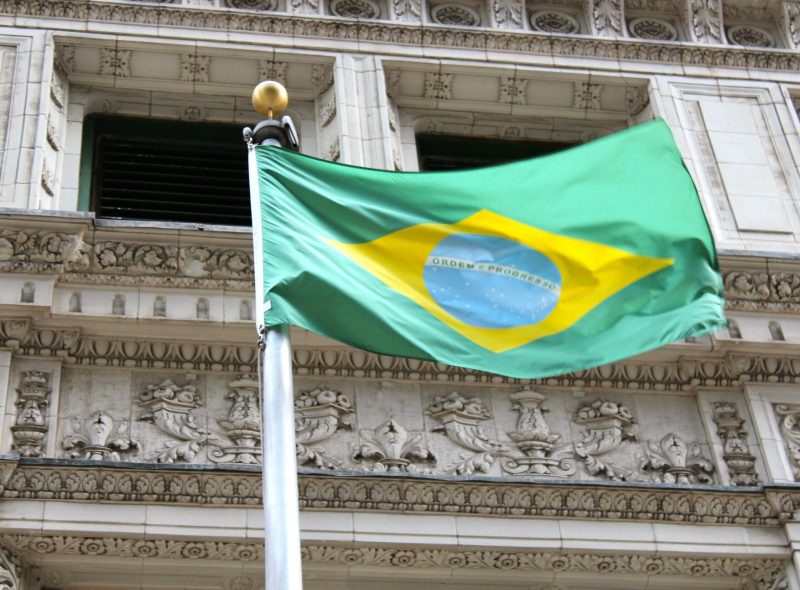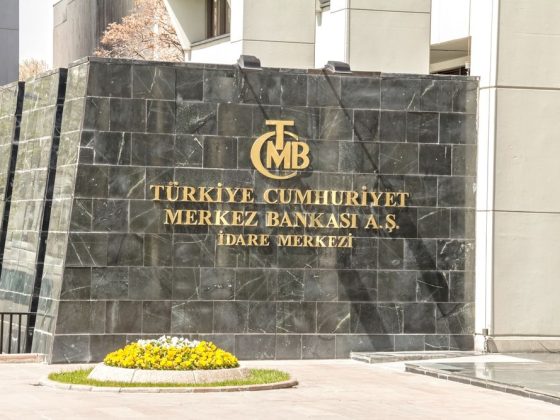Brazil wraps up 2024 in a puzzling duality: impressive economic growth on the one hand and lackluster market performance on the other.
Gross domestic product (GDP) growth is expected to hit 3% for the third consecutive year, unemployment is at record lows, and the trade surplus has reached new heights.
Despite these achievements, financial markets tell a starkly different story.
The iShares MSCI Brazil ETF has plummeted 33% this year, while the Brazilian real is the worst-performing major currency globally.
Five-year bond yields have surged five percentage points to nearly 15%.
Brazil’s fiscal spending fuels investor fears
Investor unease stems from concerns about Brazil’s long-standing fiscal challenges.
Excessive government spending, which often triggers inflation and high debt payments, looms large.
President Luiz Inácio Lula da Silva, commonly known as Lula, has stretched fiscal limits during his current term, prioritizing social spending over budgetary discipline.
A November budget package aimed at restoring investor confidence fell flat, avoiding meaningful spending cuts and instead relying on uncertain revenue-boosting measures.
“I think the economic team is really flummoxed about what to do next,” says Ryan Berg, director of the Americas program at the Center for Strategic and International Studies in Barron’s report.
Structural reform in Brazil remains elusive
Brazil’s fiscal issues are deeply entrenched, with 95% of the federal budget constitutionally mandated.
Changing these allocations requires a three-fifths majority in Congress, an almost insurmountable task given the fractured legislature comprising 30 political parties.
Still, some analysts see potential opportunities.
“Bond markets might be near the point where all that is in the price,” argues Arif Joshi, emerging market debt portfolio manager at Lazard Asset Management.
He notes that government bonds offering 15% returns, coupled with inflation below 5%, could attract investors if Lula signals fiscal restraint.
However, one major concern has been alleviated: Brazil’s central bank remains independent.
Gabriel Galipolo, a Lula appointee who assumes the role of governor next year, has demonstrated a commitment to monetary vigilance, voting to raise the key interest rate to 12.25% since September.
Lula’s administration has also proposed a tax system overhaul for 2025 to simplify the country’s complex tax framework, which could further reassure investors.
International trade offers a silver lining
Brazil’s economic fortunes are buoyed by its robust trade relations.
The country exports three times more to China than to the US, insulating it from potential tariff threats under a returning Donald Trump.
Additionally, the European Union recently signed a free-trade agreement with the Mercosur bloc, after 25 years of negotiations.
If ratified, the deal could significantly boost Brazilian exports.
Despite some positive indicators, structural issues remain at the heart of Brazil’s economic struggles.
Past reforms, like pension changes under former President Jair Bolsonaro, have only scratched the surface.
“Maintaining high growth depends on Lula pulling a rabbit out of a hat,” CSIS’ Berg says.
While the president has demonstrated resilience, translating that into meaningful fiscal reform will be his biggest test yet.
The post Why Brazil’s economy is booming but its stock market struggles to keep up appeared first on Invezz


